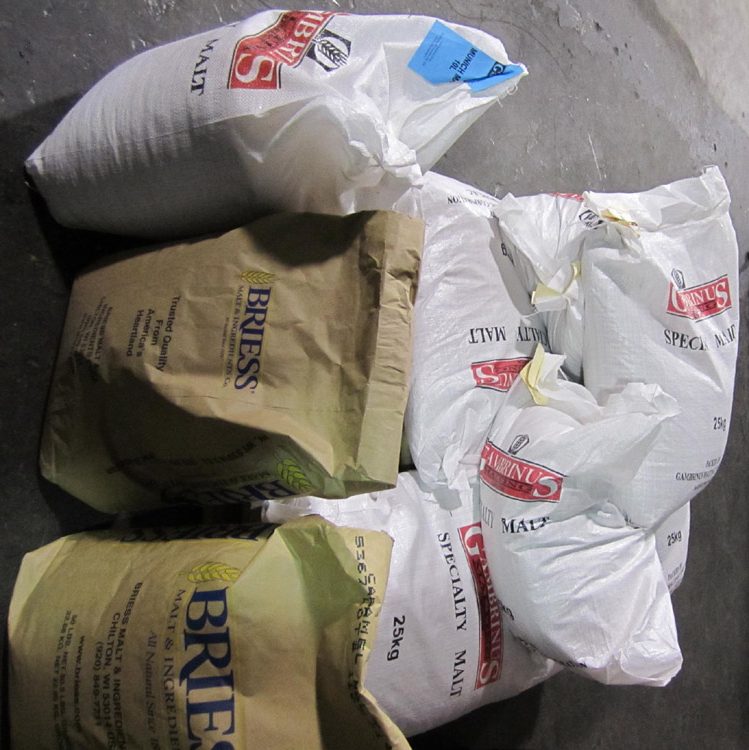The Skagit Valley Herald reported yesterday that a local company plans to start malting grains in Burlington, Washington. The enterprise is the result of a partnership among entrepreneurs, grain researchers, the Port of Skagit, and local farmers. Skagit Valley Malting, LLC will soon start moving equipment into a 11,745-square-foot building at the Bayview Business Park in Burlington. According to Wayne Carpenter, the company’s founder, large-scale production is expected to start in the first quarter of next year.
You probably don’t need me to tell you that malted barley (barley malt, malt, whatever) is one of the key ingredients in beer. Without going into detail, the barley must be grown on a farm and then sent to a malt house where it is converted into something that brewers (and distillers) can use to create the beverages we love. I don’t want to bore you with details about the process. Go here to learn more about the process.
Most of the craft beer that you drink uses malted grain provided by a handful of providers who produce it on a large scale. These large malthouses ship their product all over the world. The Washington-brewed beer you enjoy in Seattle may very well use malt that comes from as far away as Wisconsin or even Germany. Don’t freak out. This is not bad. It’s just a reality.
Small, local malt producers are rare. More and more of these micro-maltsters are popping up across the country. Some attribute it to the increasing cost of transportation. Others chalk it up to the increasing desire to “drink local.” It certainly is a subject of discussion and debate in the brewing world these days. Some people question the smaller producer’s ability to maintain quality and consistency, which is critical to brewers. Obviously, the small producers say it isn’t an issue. Other people question the sustainability of the business. The large malthouses enjoy an economy of scale and can endure the fluctuations in price and supply inherent in this kind of agronomic endeavor.
Like I said, it is an interesting topic of conversation, but that does not change the fact that a relatively small malt company is about to start production in Burlington.
For more details, I encourage to go read the story on the Skagit Valley Herald.

































